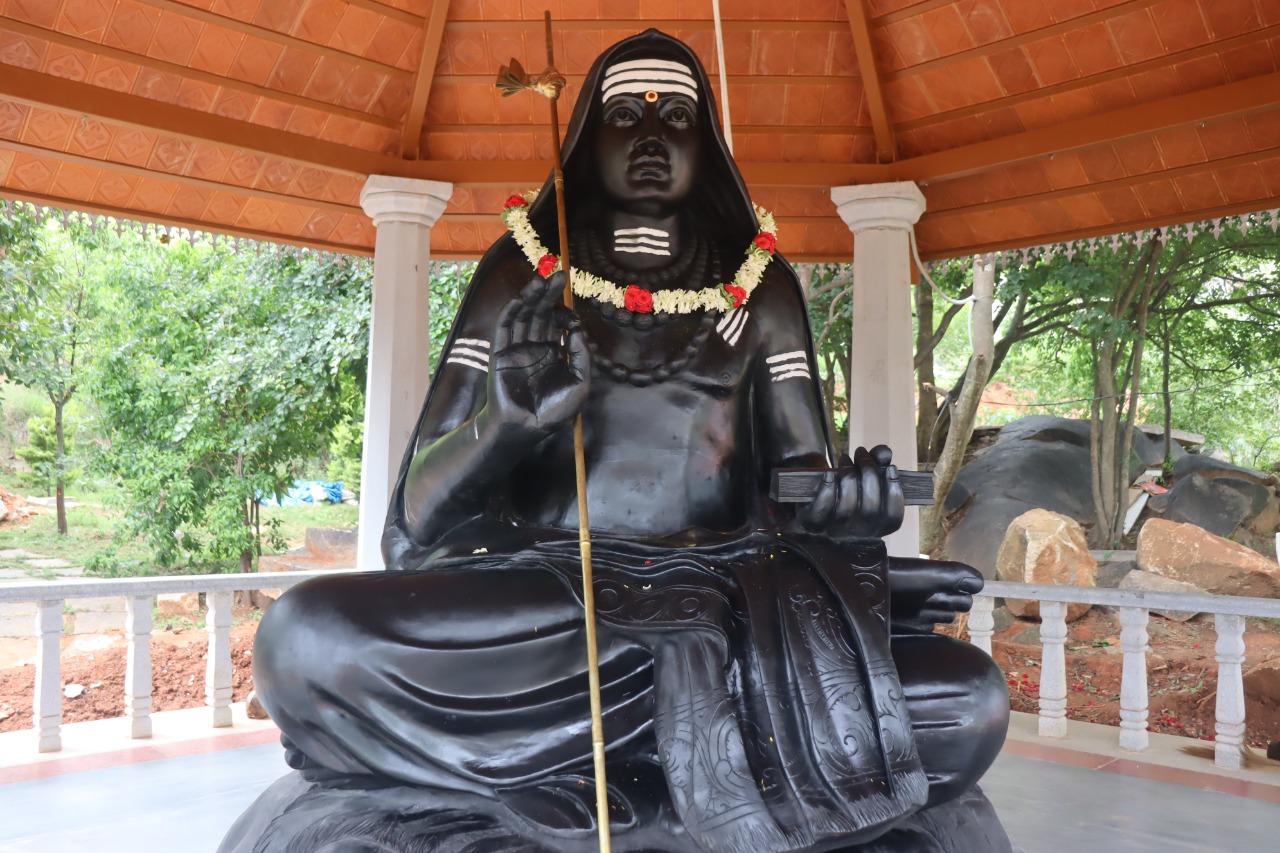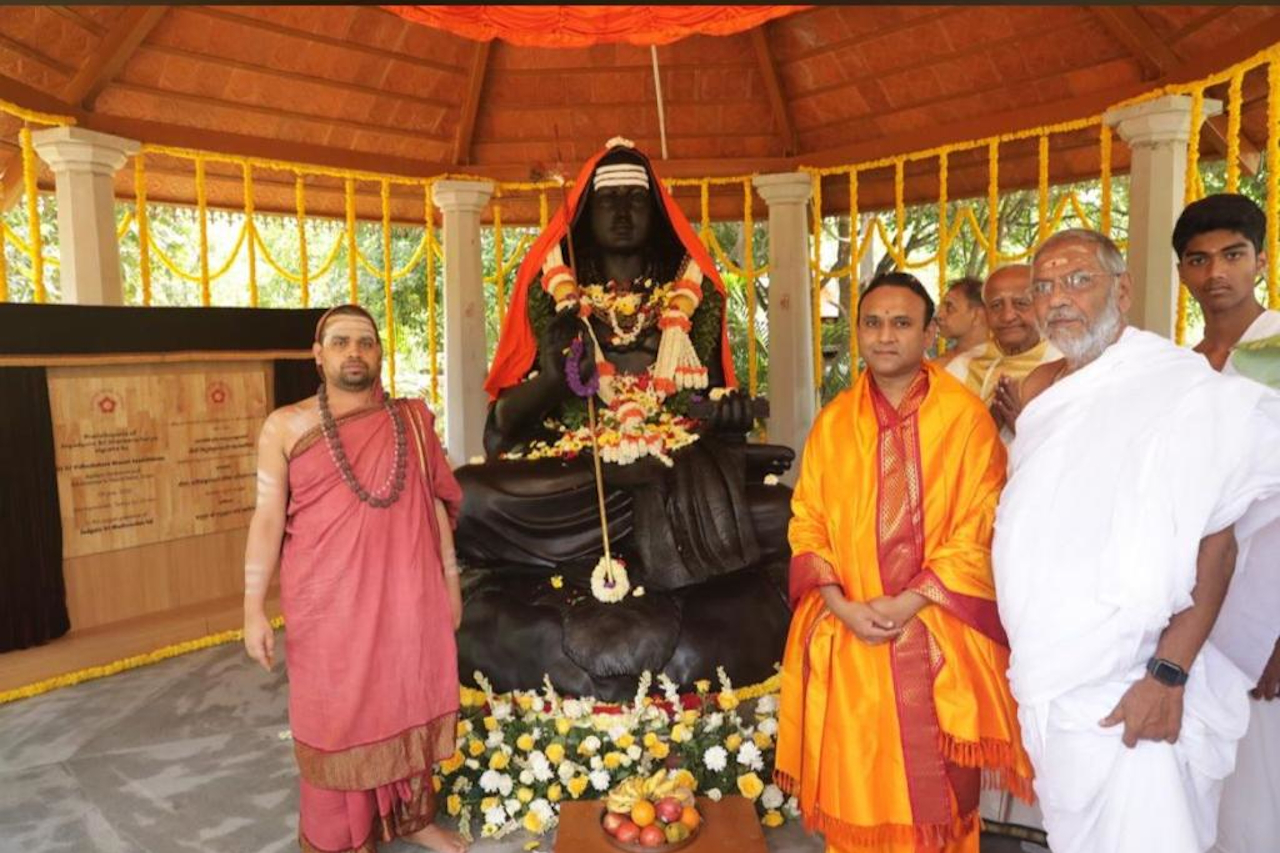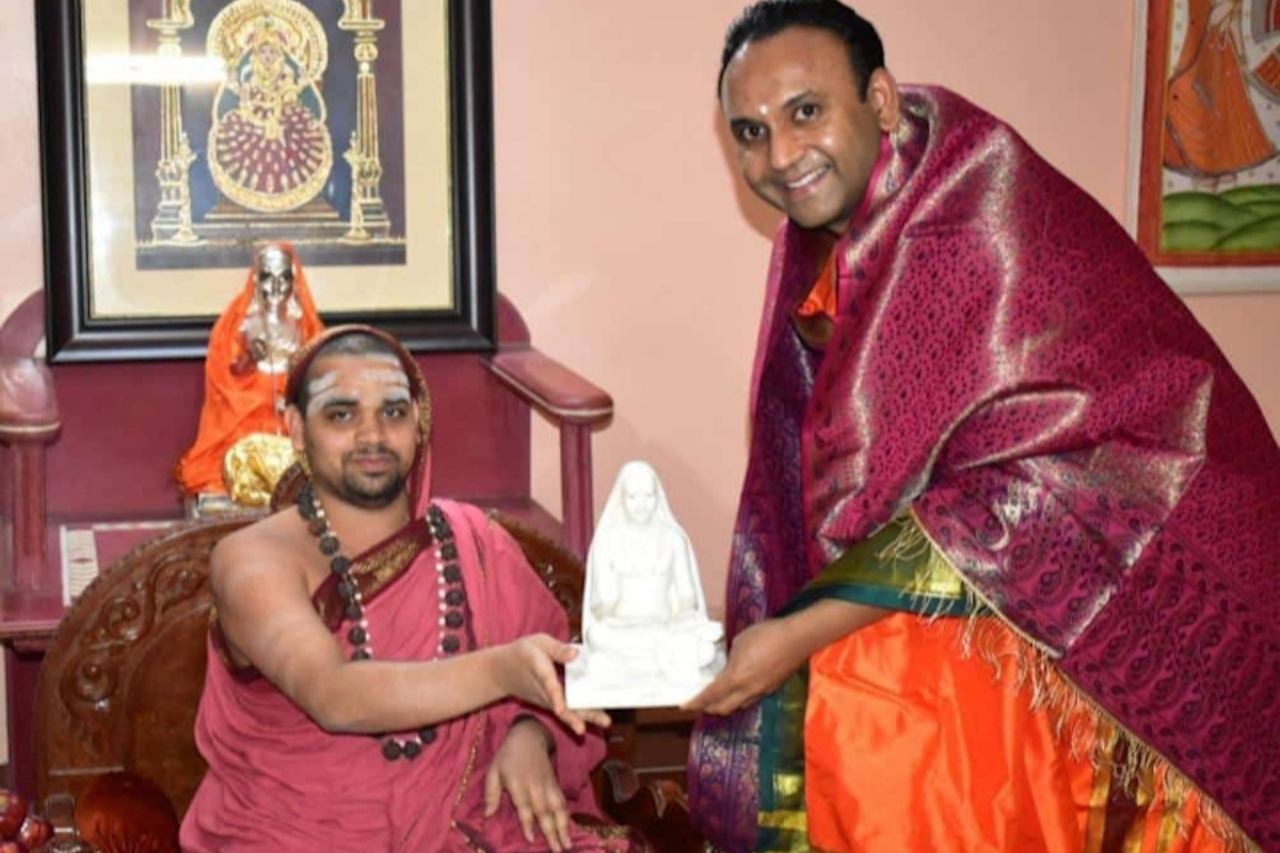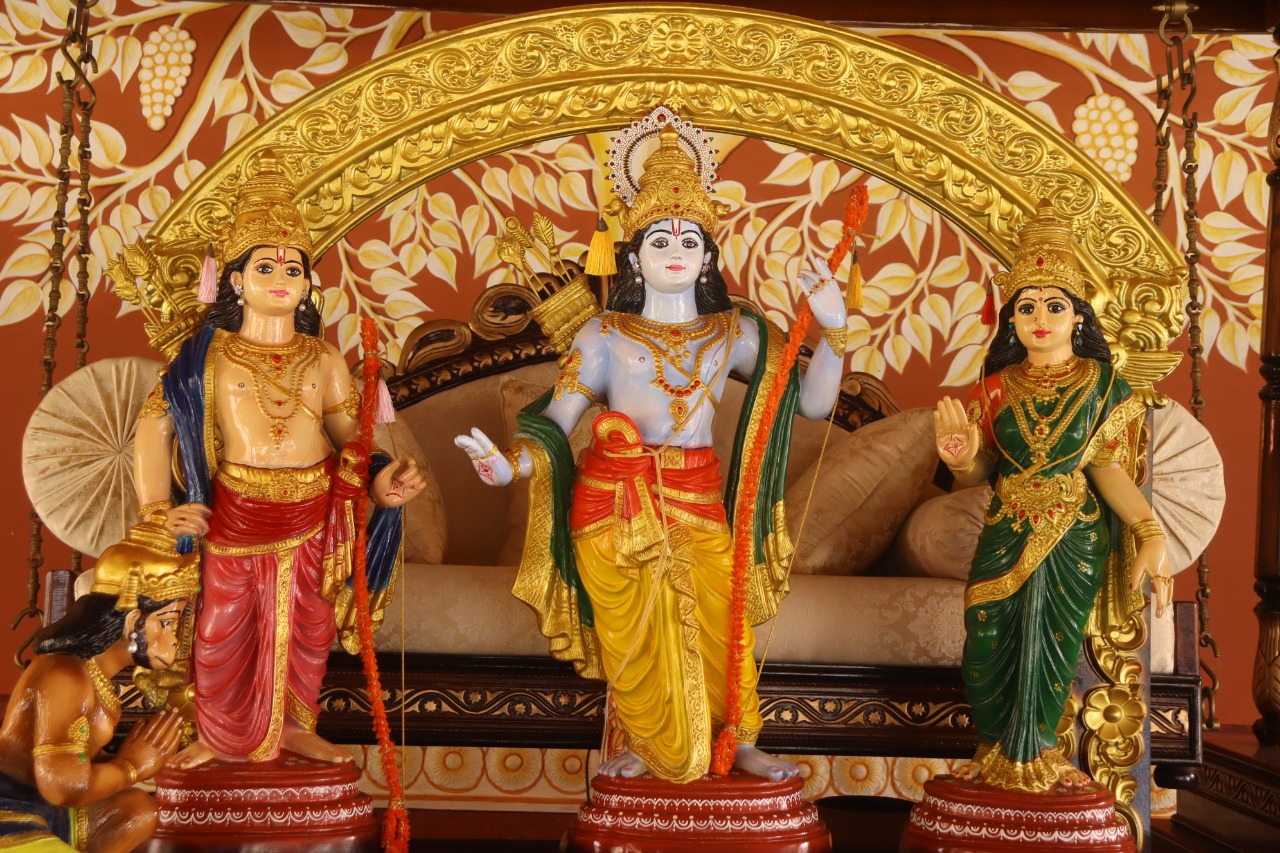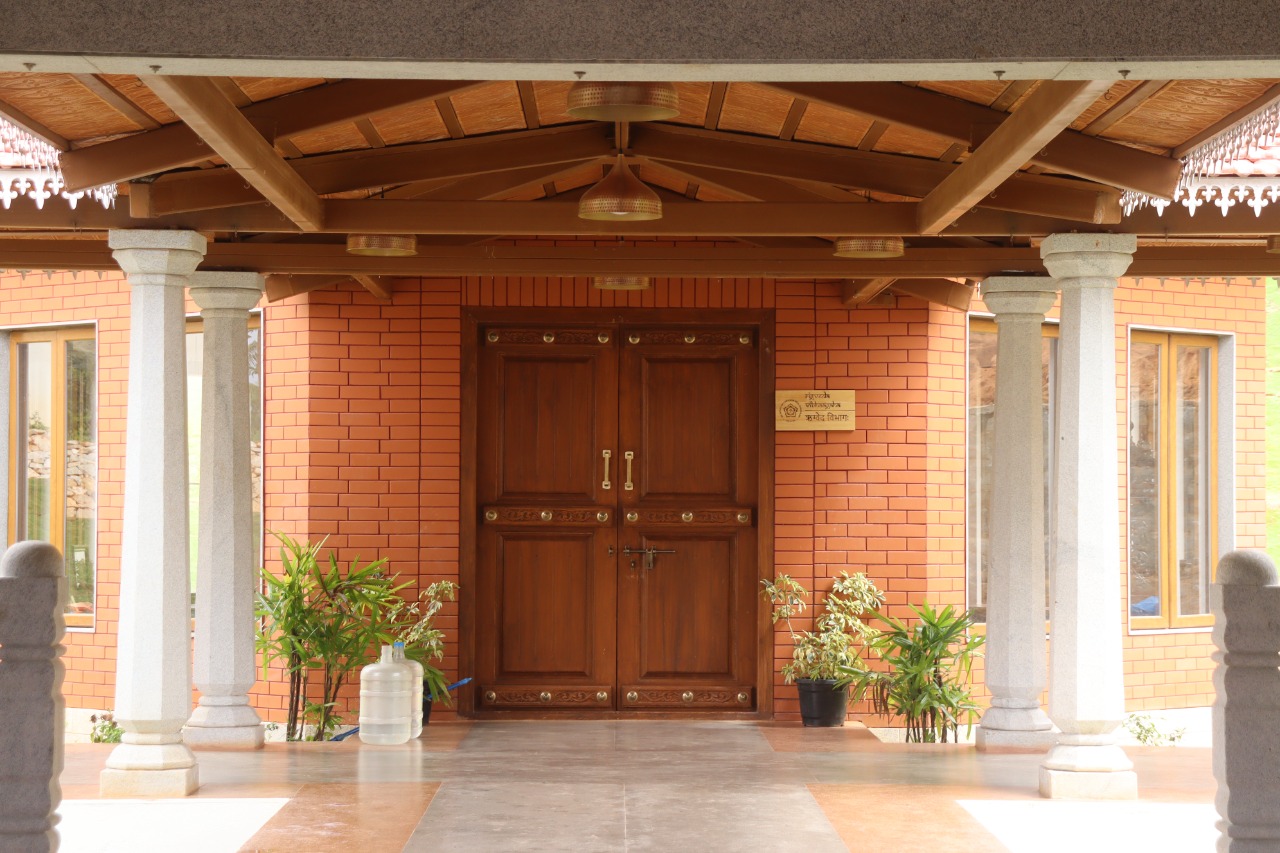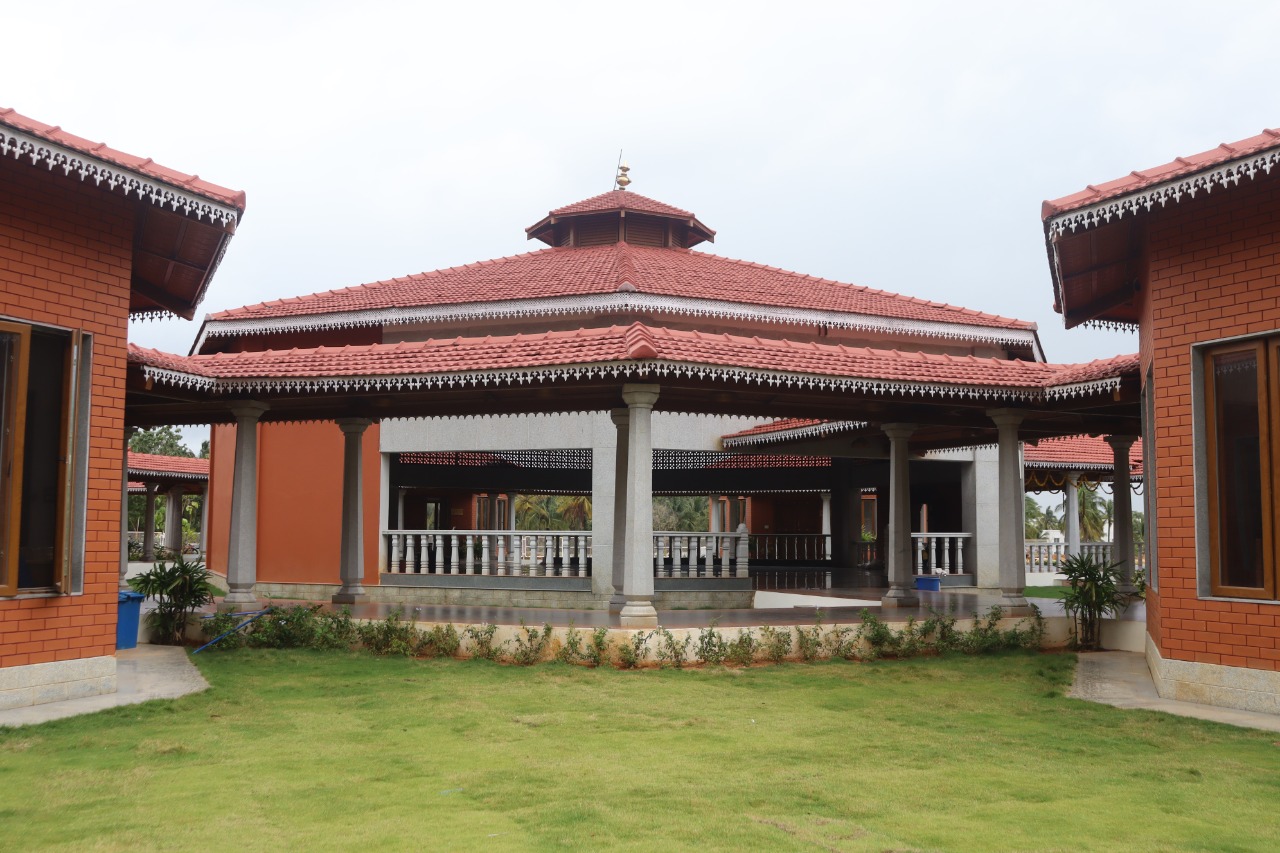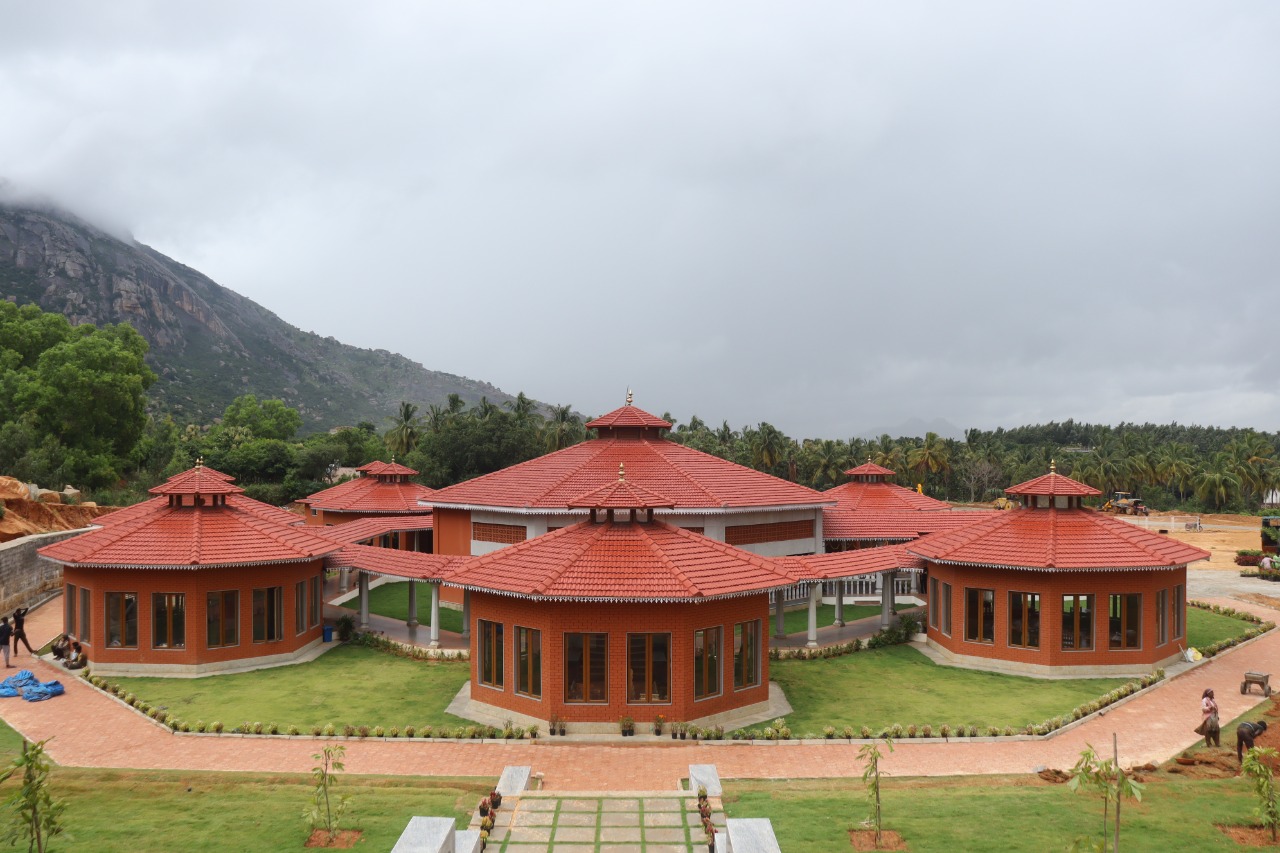VedantaVahini
Prasthanatraya, comprising of ten principal Upanishads, Brahmasutra and Srimad Bhagavadgita, is the foundation of Sanatana Dharma. Sri Adi Shankaracharya wrote commentaries on these three components of Prasthanatraya establishing the doctrine of Advaita Siddhanta. Thus they are of immense interest for anyone interested in the study of Sanatana Dharma.
While these commentaries serve the purposes for Pandits / erudite scholars, Sri Shankaracharya also authored several prakarana granthas - independent treatises on topics dealt with in Prasthanatraya - to help common people grasp the essentials of these to be able to lead a Dharmic life.
Sri Shankaracharya’s commentaries / prakarana granthas are written in a logically compelling manner providing pramanas for establishing Advaita as the essence of Vedanta. Several Acharyas / Jagadgurus Vidwans in the Shishya parampara have contributed significant prakarana granthas to make it further accessible. These works contain numerous references to Sruti, Smriti & Puranas and extensive cross references among themselves. An ideal way to showcase these commentaries incorporating such multi dimensional aspects in today’s context is the digital medium. Several years ago Sri Sharadapeetham, Singeri, realised this vision advaitasharada.sringeri.net.
However, these works are in Sanskrit and thus a vast majority of humanity desirous of acquiring this knowledge is not able to access this treasure. Realising this predicament, Sadguru Sri Madhusudana Sai, envisions a portal containing authentic translations of these works by preeminent Vidwans into several languages of the world, starting with English - vedantaVahini.ssshue.ac.in.
To begin with translations into English of three basic introductory prakaranas are launched today.
- Shatashloki of Sri Shankaracharya (Translator: Prof V. Krishnamurthy);
- Sarva-vedanta-siddhanta-saara-sangraha of Sri Shankaracharya (Translator: Dr. Sivasenani Nori)
- Shrutisaarasamuddharanam of Sri Totakacharya (Translator: Prof. K. S. Kannan)
